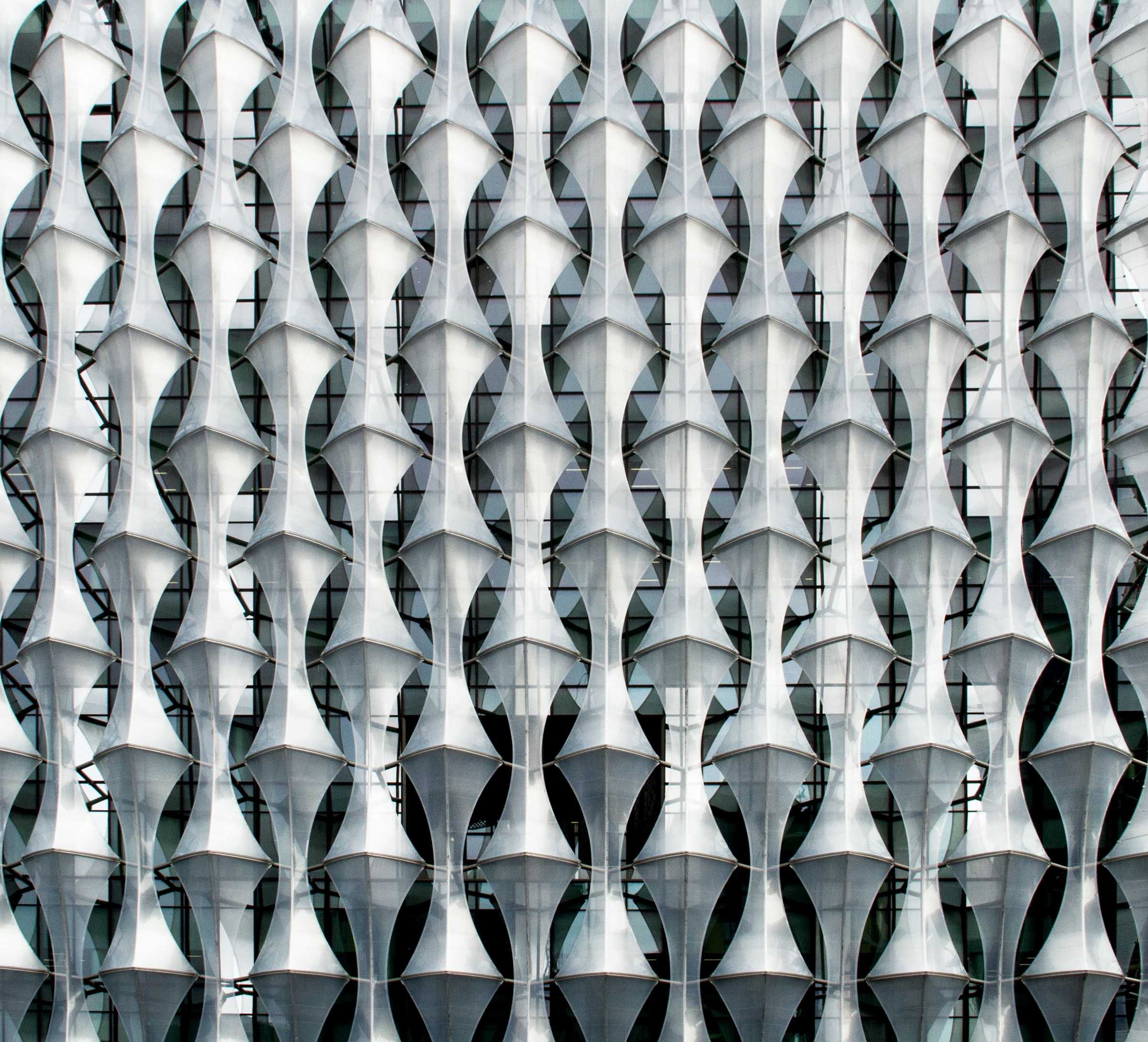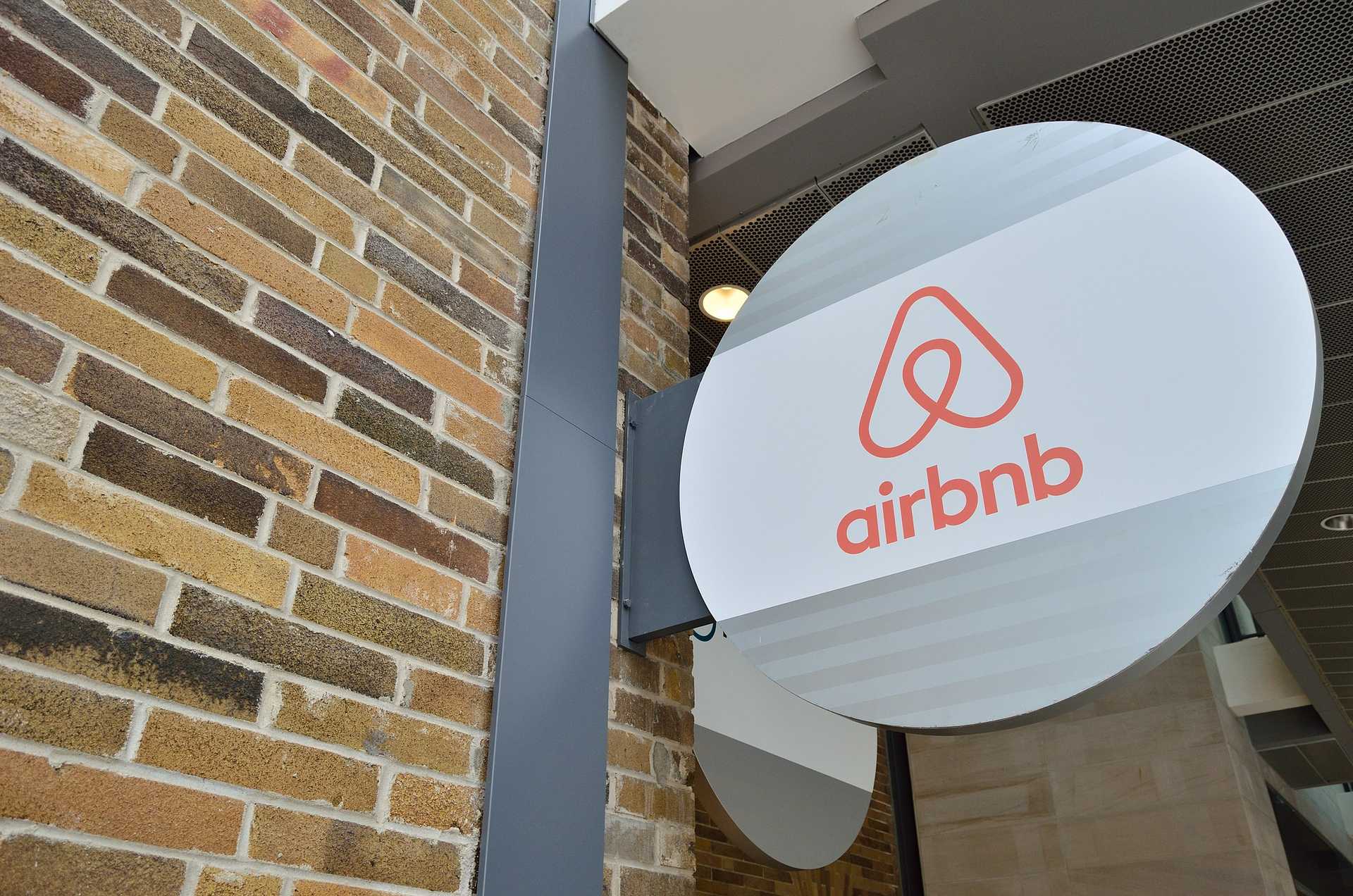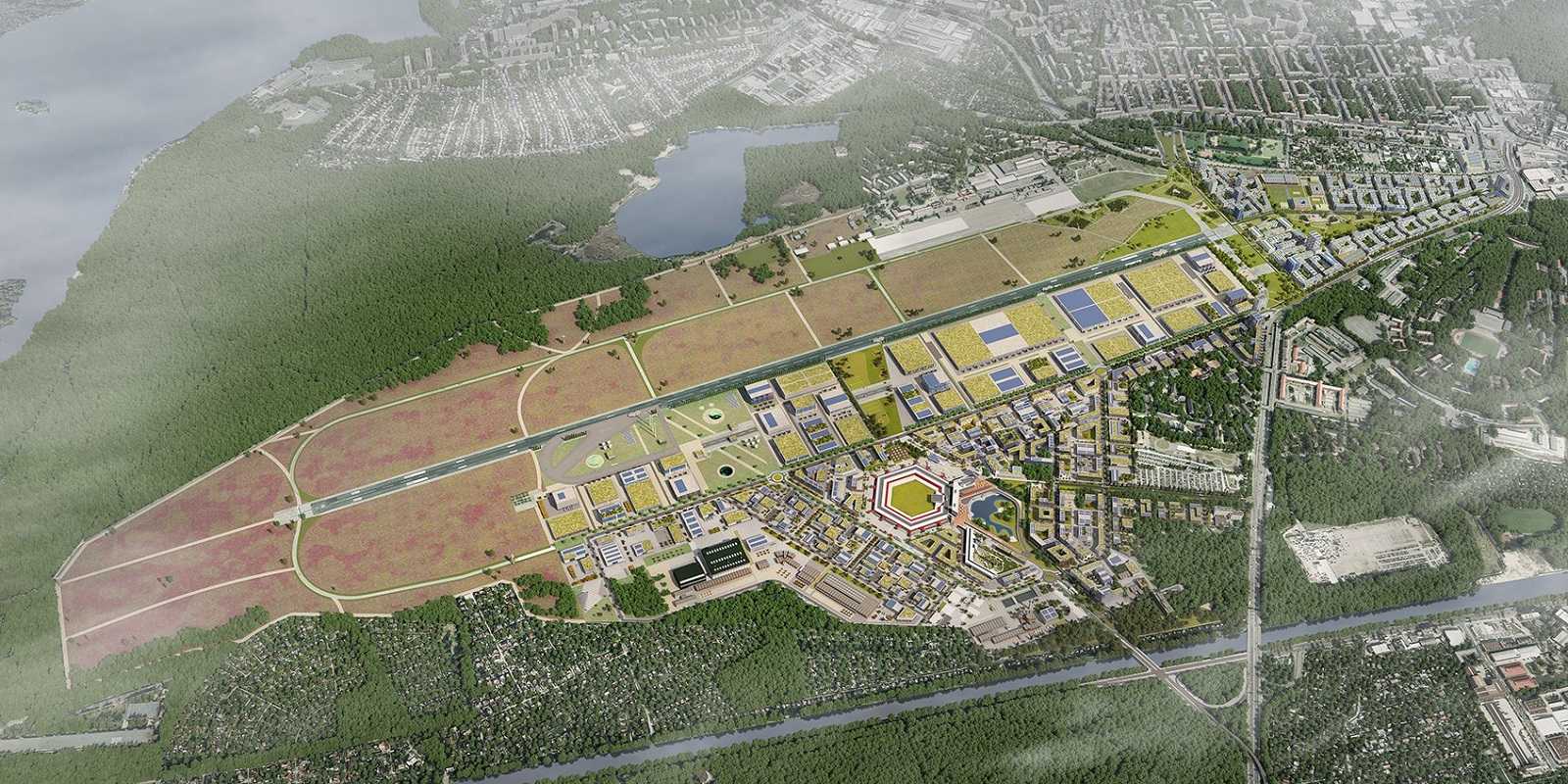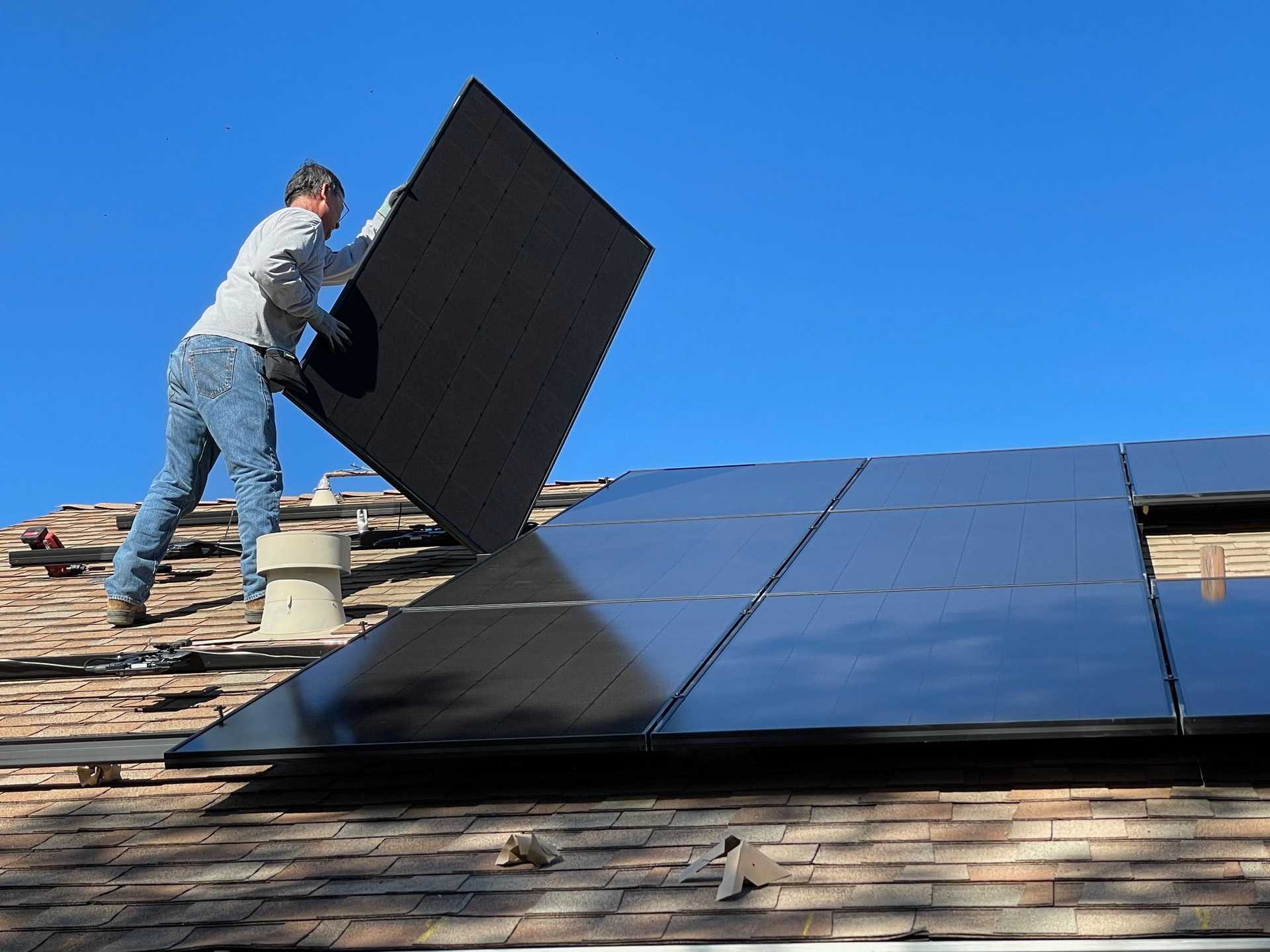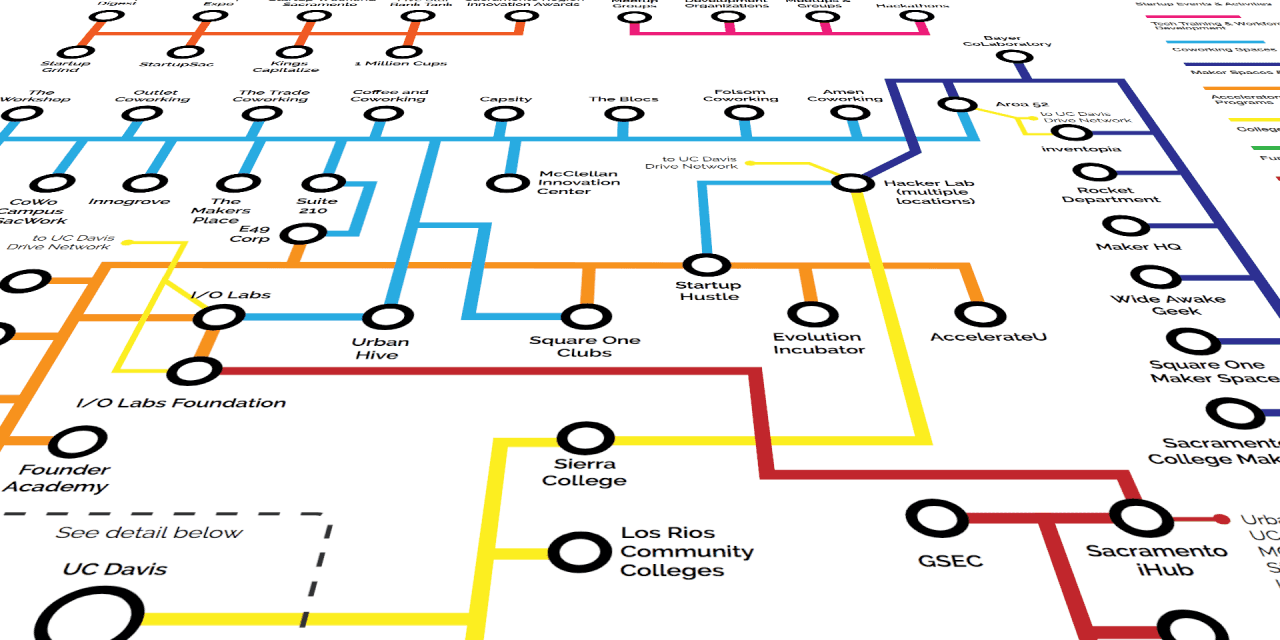
Cluster effect
From enterprises to ecosystems.
How likely? How soon? What impact?
Early stage investors in urban tech have been more footloose than average, working with a dispersed group of startups globally. But that will change as the urban tech ecosystem in a handful of regions starts to reach critical mass. In places like Berlin, the San Francisco Bay Area, London, and New York, hundreds of firms now see themselves in the "urban tech" camp.
A number of spillovers are likely to drive this cluster effect. The infusion of inspiration and capital flowing from the handful of big urban tech IPOs, and a new generation of more entrepreneurial district projects point towards a future where fast-moving innovation flows from the scale and speed of regional urban tech systems. As the spillovers grow, and geopolitical tension around urban tech heats up, could urban tech become the next space race, drawing in big defense spending that separate the megahubs from the also-rans?
How governments get in on the game is unclear. Efforts to create "urban living labs" are at least a decade old. These projects involve cooperation from government, industry, startups, NGOs, and residents. The goal is creating safe, productive environments for cocreating the urban technologies of the future. But are such arrangements still necessary? And if they are, can they keep up?
Signals
Signals are evidence of possible futures found in the world today—technologies, products, services, and behaviors that we expect are already here but could become more widespread tomorrow.
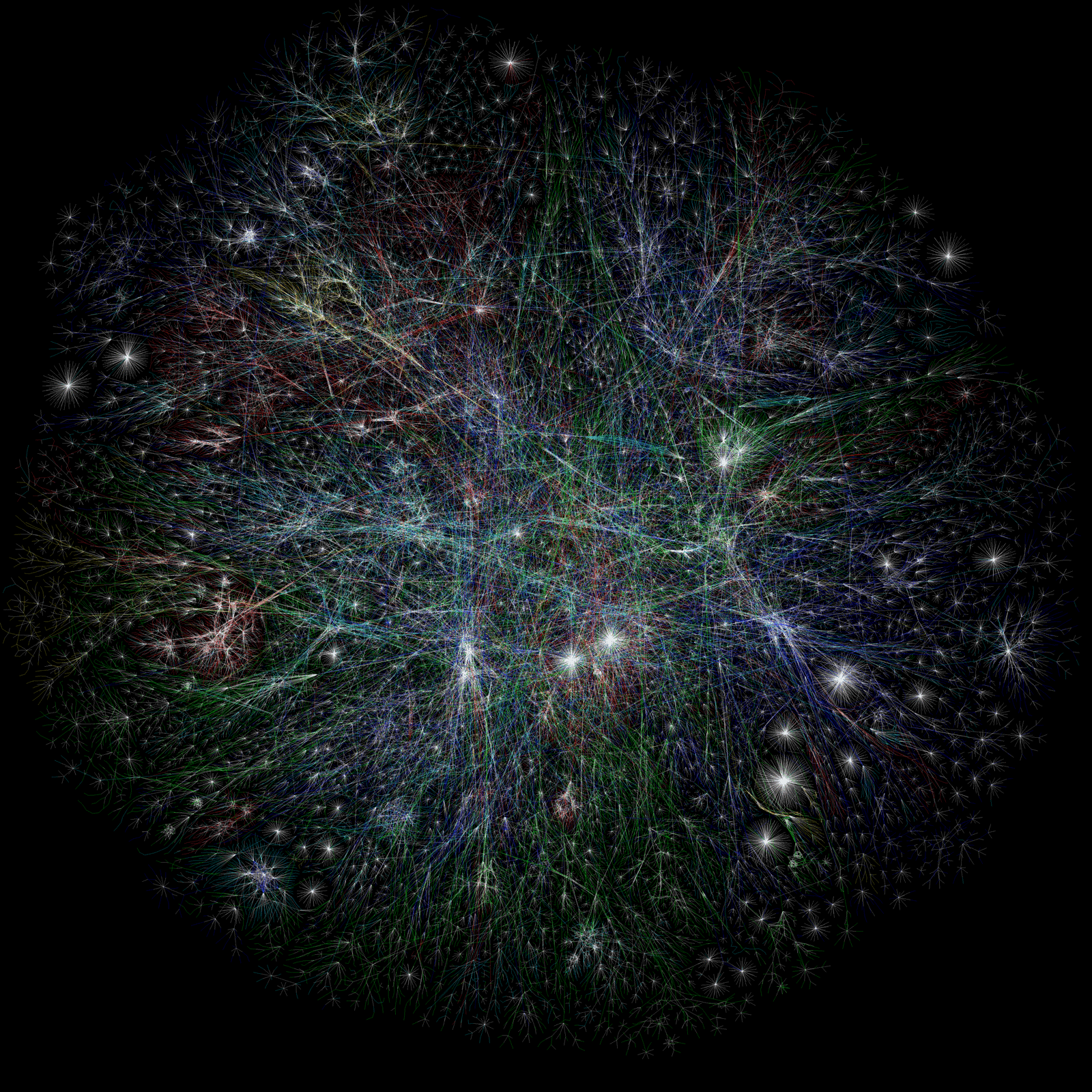
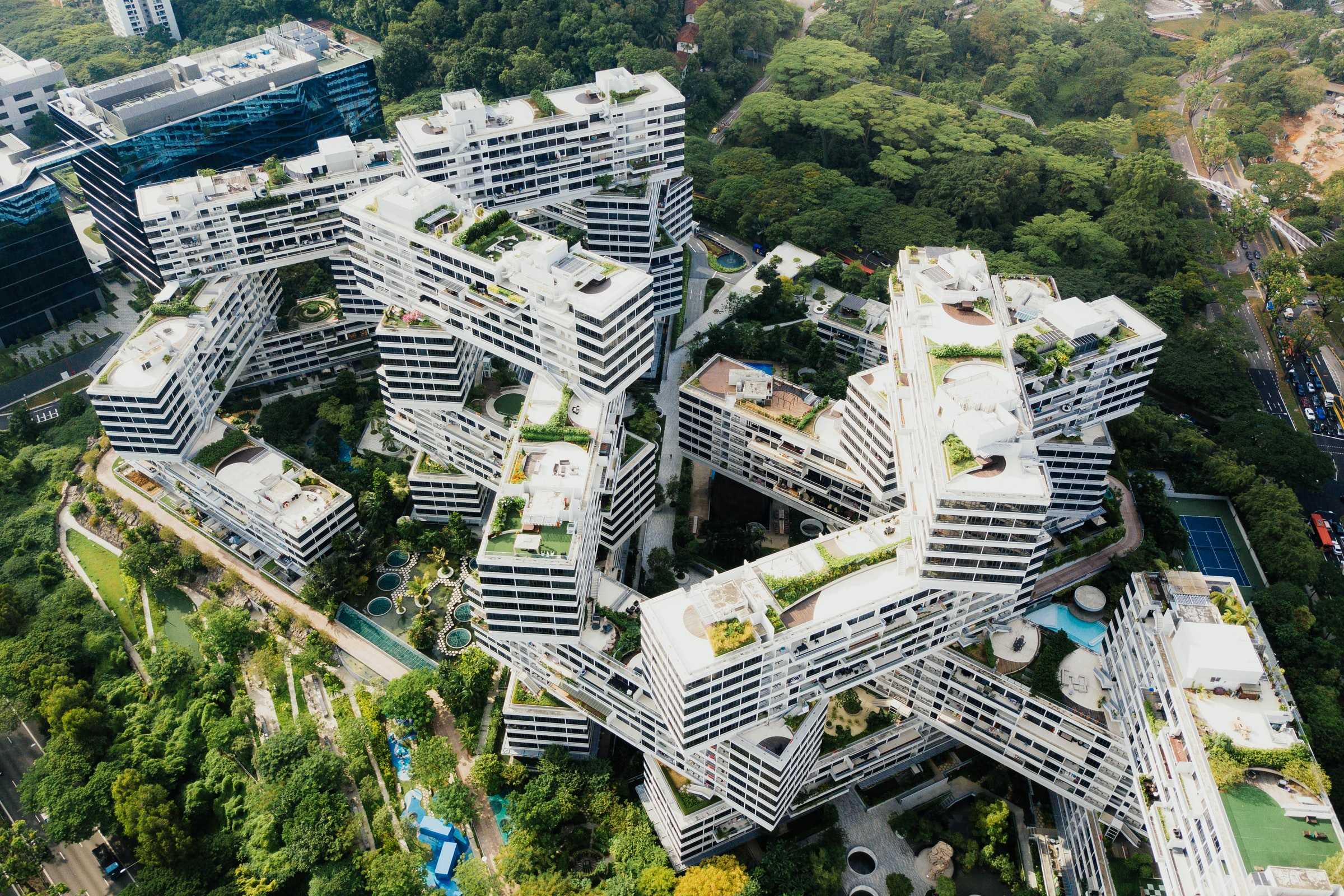
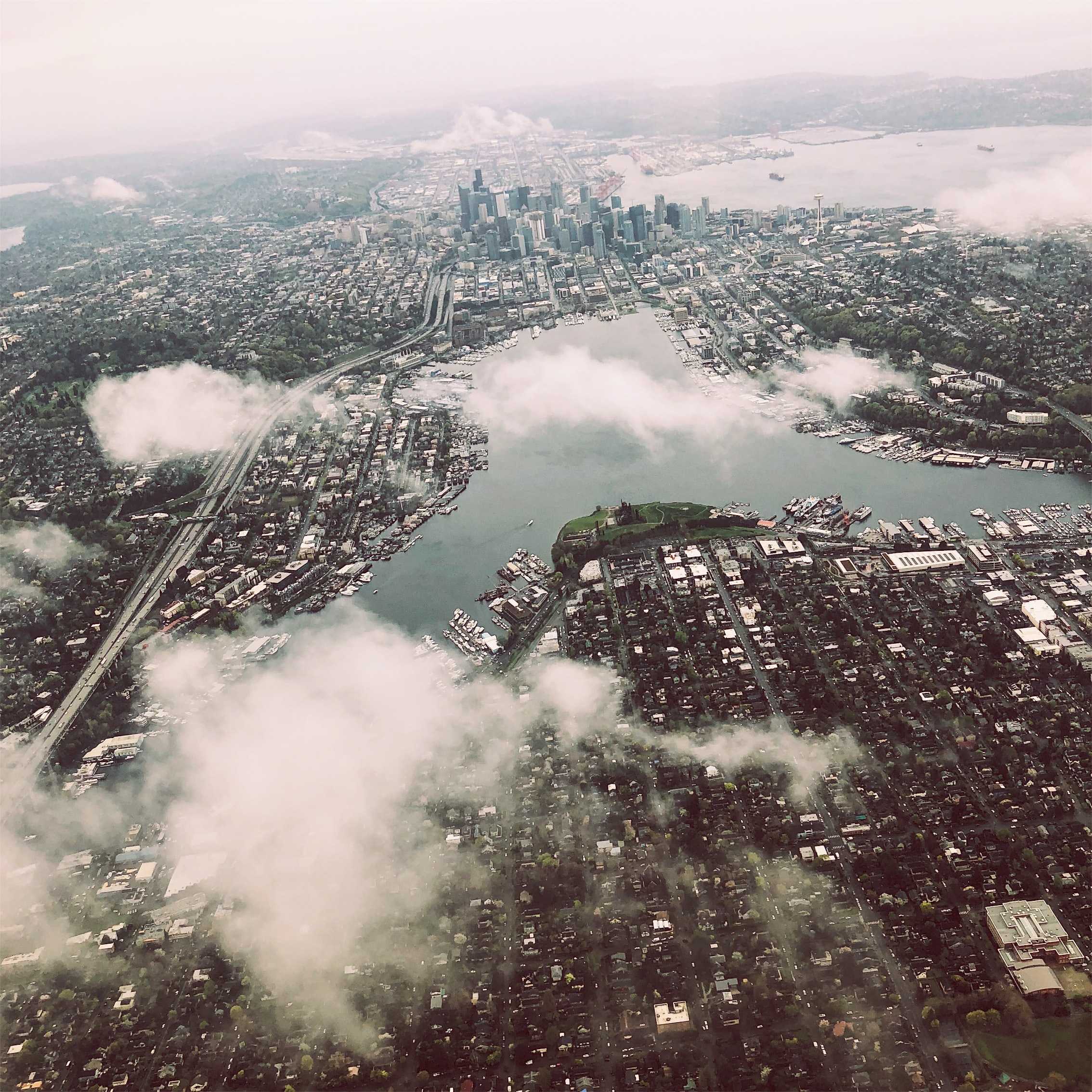

..png)
